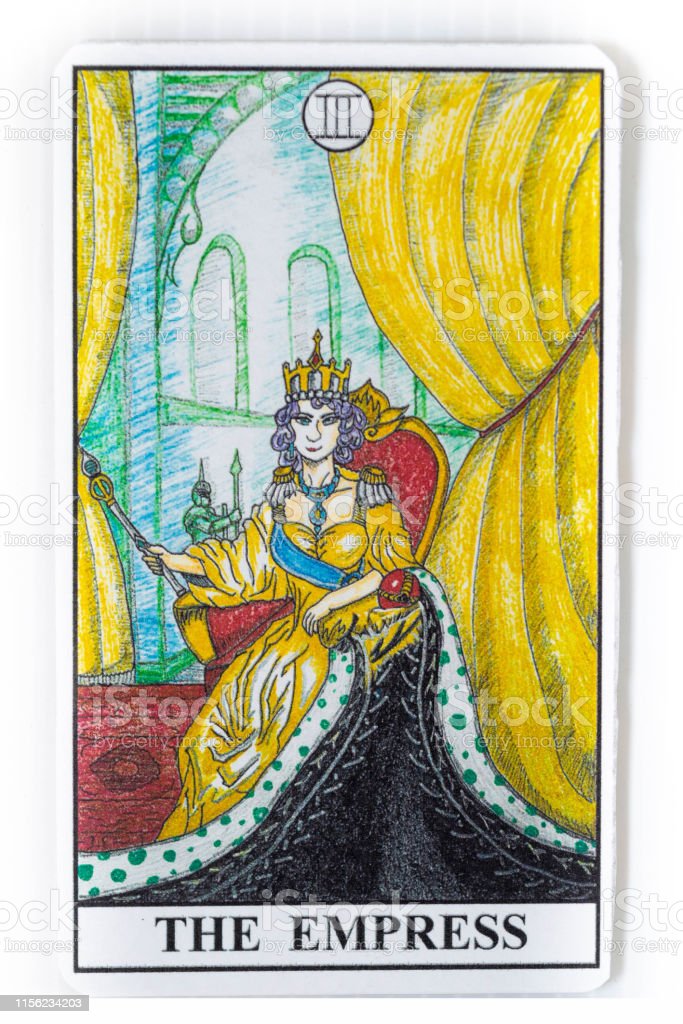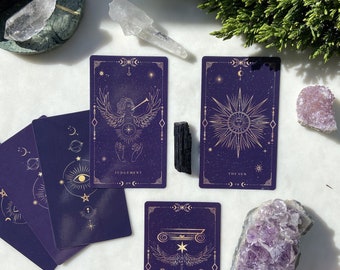
It is vital to learn how to shuffle cards before performing magic tricks. Professional magicians must know how to perform this skill with confidence and ease. There are four types of shuffle. You will soon be able perform this trick confidently if you master one or more of these methods.
Dovetail shuffle
The faro shuffle's dovetail shuffle variation is the dovetail. The shuffle involves holding half of the deck in each hand with the thumbs facing inward. The cards are then freed from the thumbs, and they fall to interleaved on the table. This is a common poker technique.
In 1992, Diaconis and Bayer discovered the phenomenon for the first time. In the paper "Trailing a dovetail shuffle to its lair", they presented their proof.
Mongean shuffle
Mongean shuffle refers to a method for manipulating cards that involves moving one card at the time into an alternate position on the deck's top or bottom. You'll continue this process until another player asks you if you're alright or after you've completed 12 shuffles. The deck is rearranged as before.

To perform a Mongean shuffle, the right-handed shuffler starts by transferring the top card to the right-hand pile. The next card from the left is transferred to the bottom of the right-hand pile and so on. The process continues until all cards on the left have been shuffled.
Overhand shuffle
An overhand shuffling is when you place the deck facedown between your thumb, forefinger and forefinger. Slide small groups of cards along the deck. Repeat until you have transferred all the cards. In the video, you can see an example of an "overhand shuffle". Start by placing your righthand on the short edges of your deck. Next, place your index finger on one corner of the long side.
A more sophisticated and polished overhand shuffle is better. It is a technique magicians use in order to demonstrate "force."
Perfect riffle shuffle
You might have ever wondered how to properly shuffle a deck. The riffle shuffle involves splitting the deck into two separate packets and then interleaving them. Riffle shuffle a deck of cards to make sure that every packet is interleaved.
For a perfect riffle-shuffle, divide the deck in half. Then interlace the cards evenly. Then, you can begin to remove the cards from the stacks while keeping the edges overlapping. You can also perform the "riffle" shuffle as an in/out-shuffle.

Hindu shuffle
The Hindu shuffle can be described as one of card magic's most basic tricks. It is also known by the Riffle Shuffle, and the card force. It's a popular trick among card players and is one of the most effective ways to shuffle a deck. You can manipulate a person's behaviour by using the Hindu shuffle. However, you can appear innocent.
This sleight is a versatile card trick that is used in magic tricks around the world. With just one move, you can quickly find the card selected by the spectator and place it in your deck. To start, the magician shuffles a borrowed deck of card end to end and draws small cards from each hand. The magician then holds the deck with his right thumb and opposite fingers. The magician releases the deck and moves it towards their left hand.
FAQ
What is the cost of a hobby?
A hobby costs nothing but time. It can take many years to accomplish what you desire if you are serious about it.
There is one thing that will help you. It's called passion'. Passion will help you put in the effort to succeed.
And once you start putting in those hours, you may find that you become addicted to the activity. Here is the fun part! Because you are enjoying what you are doing and are constantly improving. So by the end of the year, you will probably have made quite an improvement.
It doesn't matter how long it takes. Just go ahead and try. You may be surprised.
What are some great hobbies ideas?
Hobby Ideas for people who love to learn and teach others.
Hobbies are great ways to spend time doing what you enjoy while learning something new at the same time.
There are many different types of hobbies, but they all have similar characteristics. They're usually fun activities that require little effort and cost money.
These include working with others to teach someone how to use an instrument or build an airplane.
You may not think of yourself as a teacher but there might be something you could do in order to help someone else learn.
Consider starting a hobby to use your creativity to help others.
What are the chances of making money with my hobby?
Many hobbies can help you make extra money.
If your hobby is a passion, you may be able to sell related items.
If you're a collector of stamps, you may be interested in establishing a website to sell them.
This allows you to make additional income, without having the hassle of actually purchasing and selling stamps.
Another option is to set up a YouTube channel that focuses on your hobby.
This allows you to share your passion with others and potentially generate additional revenue by offering premium content.
What is a collection hobby?
The most popular collections are books, movies, music, comics, video games, sports equipment, toys, etc.
You can also find stamps, coins, cars and dolls as well model kits and figurines.
You get it?
Statistics
- I am 100% biologically a woman (discover.hubpages.com)
- This 100% accurate personality-analyzing hobby quiz discovers your passion based on your characteristics. (quizexpo.com)
- The Role of the Mind in Sex, Dating, and Love: Men in the “humor” condition received phone numbers from 42.9% of the female participants and were refused 57.1% of the time. (time.com)
- Much of this decline reflects the fact that teens are less likely to work today than in the past; among employed teens, the amount of time spent working is not much different now than it was around 2005. (pewresearch.org)
- The intensity of the dialogue partners' bond at the end of the forty-five-minute vulnerability interaction was rated as closer than the closest relationship in the lives of 30 percent of similar students. (time.com)
External Links
How To
How to learn a musical Instrument
If you want to learn how to play music, there are many ways to do so. You could go to a school or buy a book. You could also take lessons from an experienced musician, watch videos online, and so on. Here are some tricks and tips to help you find your way.
-
Find something that interests or appeals to you. Try another instrument if you don't love any of the ones you see. It is difficult to enjoy an instrument if it is not something you are interested in.
-
Be patient. Learning something new takes time. It is unrealistic to expect to know everything instantly. Instead, you should continue practicing every day.
-
Keep practicing regularly. Even when you feel tired, continue practicing. This will ensure that your memory doesn't fade.
-
Find a quiet place to practice. A quiet room where you won't disturb anyone else is ideal. You should also make sure there aren’t any distractions. Avoid loud music, for example.
-
Have fun. Music is meant to be enjoyed. Make sure you have fun while practicing. Enjoying yourself will motivate you to continue going at it.
-
Set goals. Set goals. You'll know exactly what you must achieve. Failure is not an option.
-
Keep track of how you are doing. List all of your successes as well as your failures. You will be able to improve your skills over time by writing down all of your achievements and failures.
-
Take breaks. Sometimes you just need to take a break. Taking breaks will give you time to think about things.
-
Ask questions. Ask questions. They may be able to help you out.
-
Listening can teach you a lot. Musicians often listen to music they like and try to imitate it. This helps them understand the basic concepts behind the song.
-
Read books. Read books to learn more than just watching videos or learning from classes. Books often contain information you can't find elsewhere.
-
Get involved in a band. Playing with other people will make you more practice. Plus, you'll meet people with the same interests as you.
-
View tutorials. Tutorials are short videos that explain various topics in great detail. These videos usually focus on one specific aspect of the instrument. You can learn difficult parts of the instrument by watching tutorials.
-
Try different methods. Some prefer to learn by listening, while others prefer reading. Keep trying until you find your preferred method.
-
Practice makes perfect. You don't become an expert overnight. It takes a lot of work to be able to perform well.
-
Play along with other musicians. Listening and learning from others can help you to learn faster.